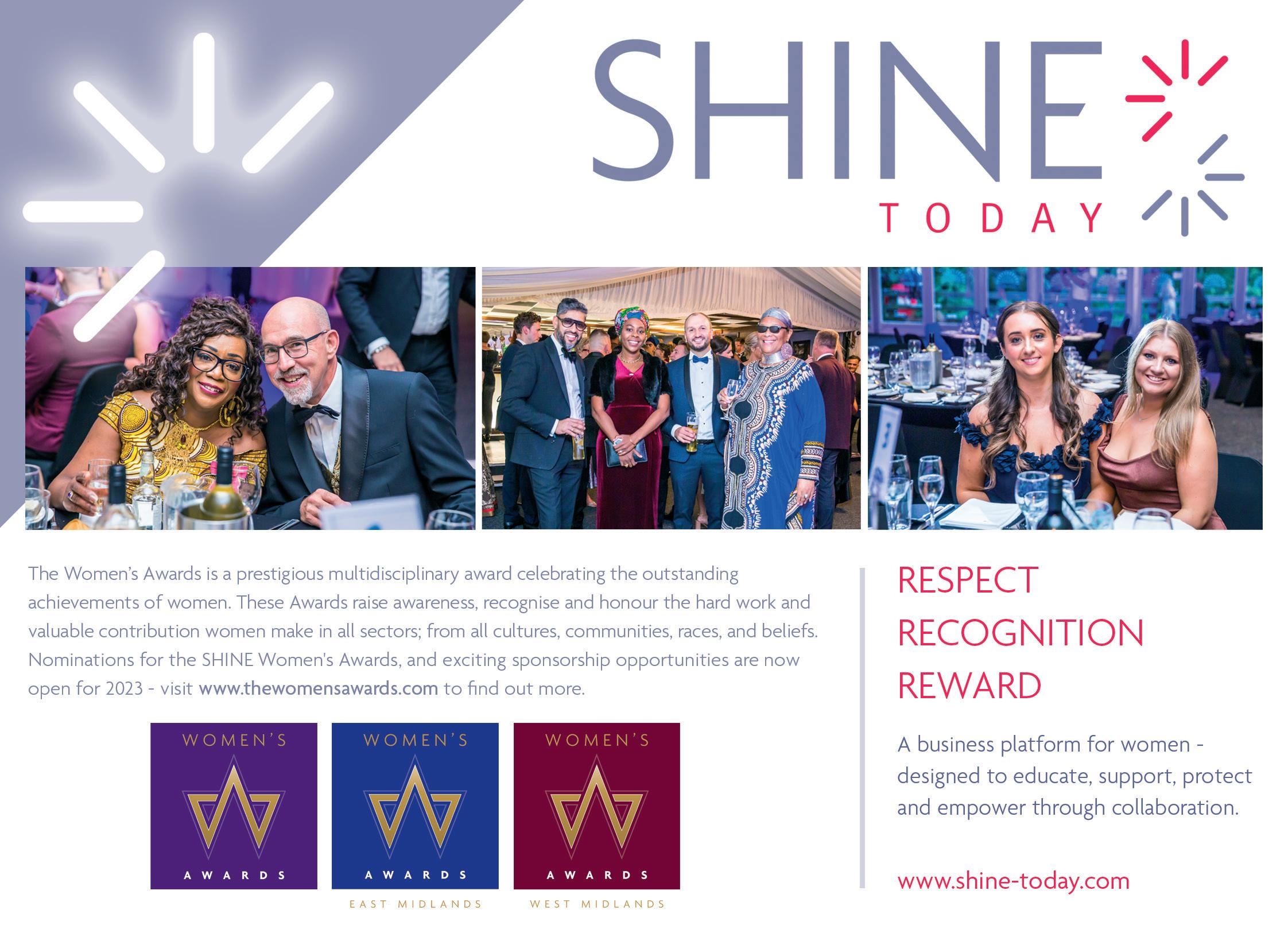
1 minute read
Leading for inclusion
Leaving school with hopes and dreams, to be faced with discrimination and stereotyping is something Ashiedu Joel says you’re never taught how to deal with. She set up Ashioma Consults out of a personal quest to improve what leadership looks and feels like.
“My personal journey into leadership was a difficult one,” Ashiedu says. “I went into employment full of aspirations, thinking my skills, abilities and willingness to learn would propel me to the top. I hadn’t bargained for the fact that there are still some old networks that want to keep things the same.”
Advertisement
As a Black British woman, Ashiedu says she’s felt disillusioned in the workplace many times, referring to a time she was described as a “crazy African woman” in a meeting. To overcome the challenges, she took the time not to understand others rather than herself.
“I asked myself: What is it about this workplace culture that limits me? What am I aspiring to be? I had to understand my Black British self and my Nigerian self and how to straddle working across both cultures. Then I asked myself how I can get those at the top to recognise the strength in my cultural values, understanding that what was deemed normal to them was so out of tilt for me. To bring my authentic self to work, I had to work twice as hard for acceptance and recognition, because my difference was perceived as a threat rather than a benefit.
“Valuing difference and establishing cultures that make all feel welcome are leadership requirements to ensuring a more equitable workplace for all.”
Subconsciously, leaders lead with a particular style that their teams must conform with. Ashiedu encourages leaders to ask themselves: ‘What do I know about the cultures that I engage and shape at work? What does it feel like for others to be led by me?’











